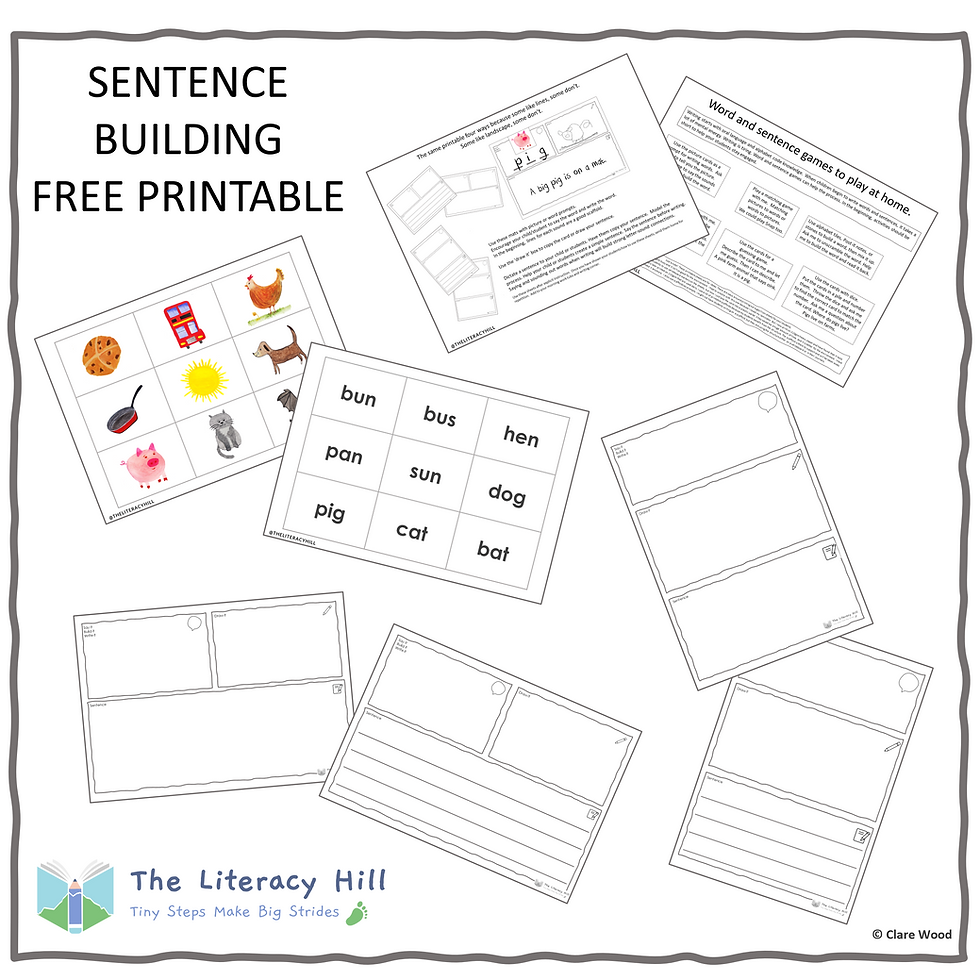LITTLE BOOKS MAKE LEARNING FUN
- Developers Devzmelbourne

- Sep 5, 2022
- 2 min read

I love making little books for my students to use. They’re always a hit and so much more exciting than a piece of paper, and the beauty is with a couple of folds a boring old piece of paper is a book just waiting to be published.
Here is a quick way to make the little book we used today.

I always use little books with reluctant writers and readers, so they have ownership over their own work. It always amazes me how hard children will work to produce their own reading book. Fold a piece of paper and it’s like you have created something extraordinary.
Here is one way we use little books
I ask the student to pick a sentence from the pile of decodable sentences. You can get a copy from my shop – head on over here
Read the sentence together
1 Cut up the sentence and mix up the words.
2 Put the sentence back together, reread and check it makes sense. If not, discuss why and reshuffle.

3 Sometimes students may not know a word so we sound it out all the way through saying the sounds as we focus on the written letter, blend it back together and reread. Talk about the words and what they mean to aid comprehension.
4 Draws a picture and add a caption by using the sentence, or they might want to have a go at writing their own similar sentence.

A fun way to get lots of reading repetition going without a book.
It is good to mix up instruction.
We want to engage our children in learning.
Let’s help them connect the dots.
Little books like have so much going on
Decoding the sentences – sounding out and blending the words back together develops the sound to symbol correspondence needed for fluency.
Rearranging the sentence to make sense and having a chat about what the words mean is great for conversational skills, vocabulary building and comprehension.
Little books are also great to take out and about with a small pack of pens – I find them a lifesaver when I have bored kids. Make one in less than a couple of minutes and it takes up no room in your bag.
Here are 2 more ways to make little books.

Phonics doesn’t have to be boring.
I have never met a child that doesn’t want to learn. Children are curious beings. I have met many children who are turned off learning by too many worksheets and teaching that is just ineffective. A rich literacy environment at home combined with explicit instruction at school is a recipe for fluent engaged readers later on.
If you are wondering what books you should start with so your children feel successful from the very beginning, go here

Want more fun activities to engage your little learner go here
Wondering what activities support and engage little readers go here.








Comments